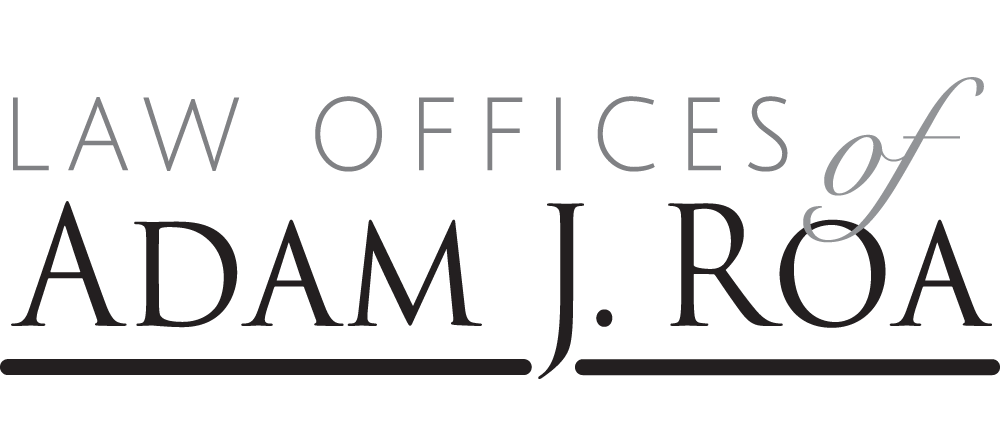POA Breach of Fiduciary Duty
A Power of Attorney Holder’s Breach of Fiduciary Duty There is no question that a financial power of attorney holds what is called a “fiduciary duty” to act in the best interests of the grantor. But what if that power of attorney holder breaches that duty and takes “mom’s” funds for herself? What if her…
